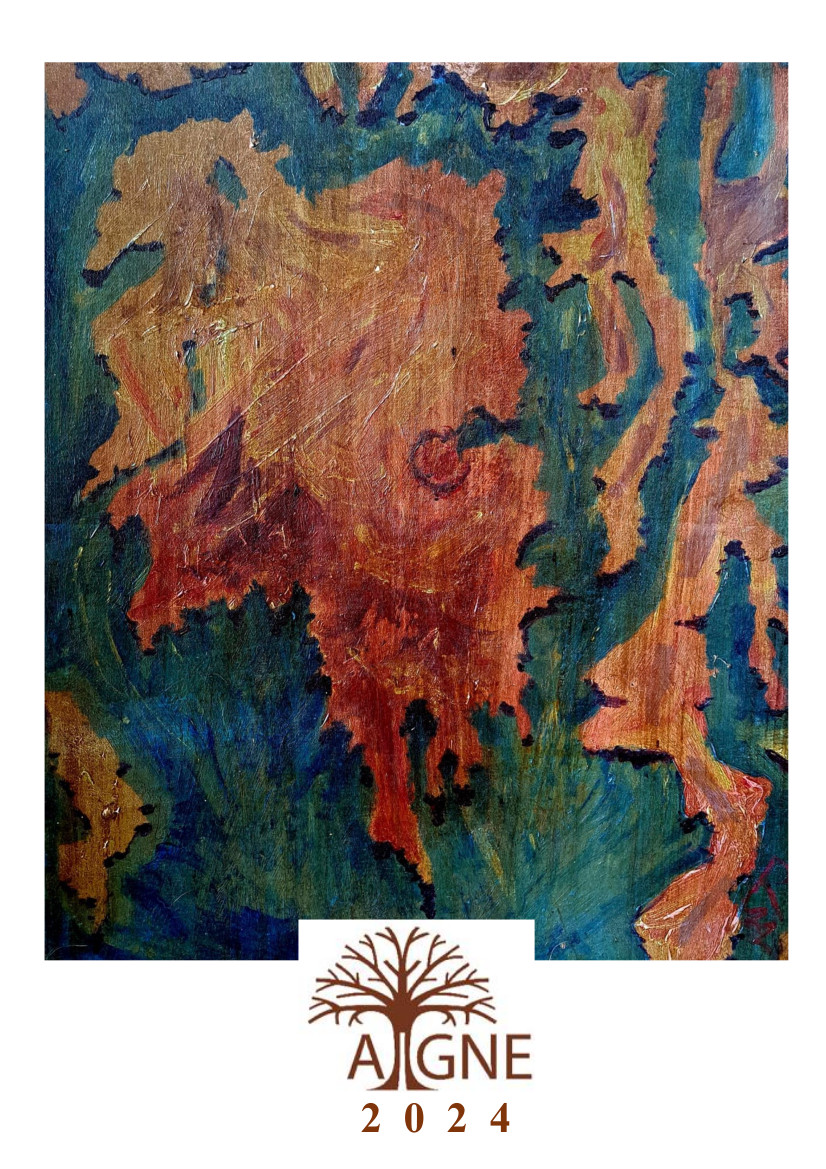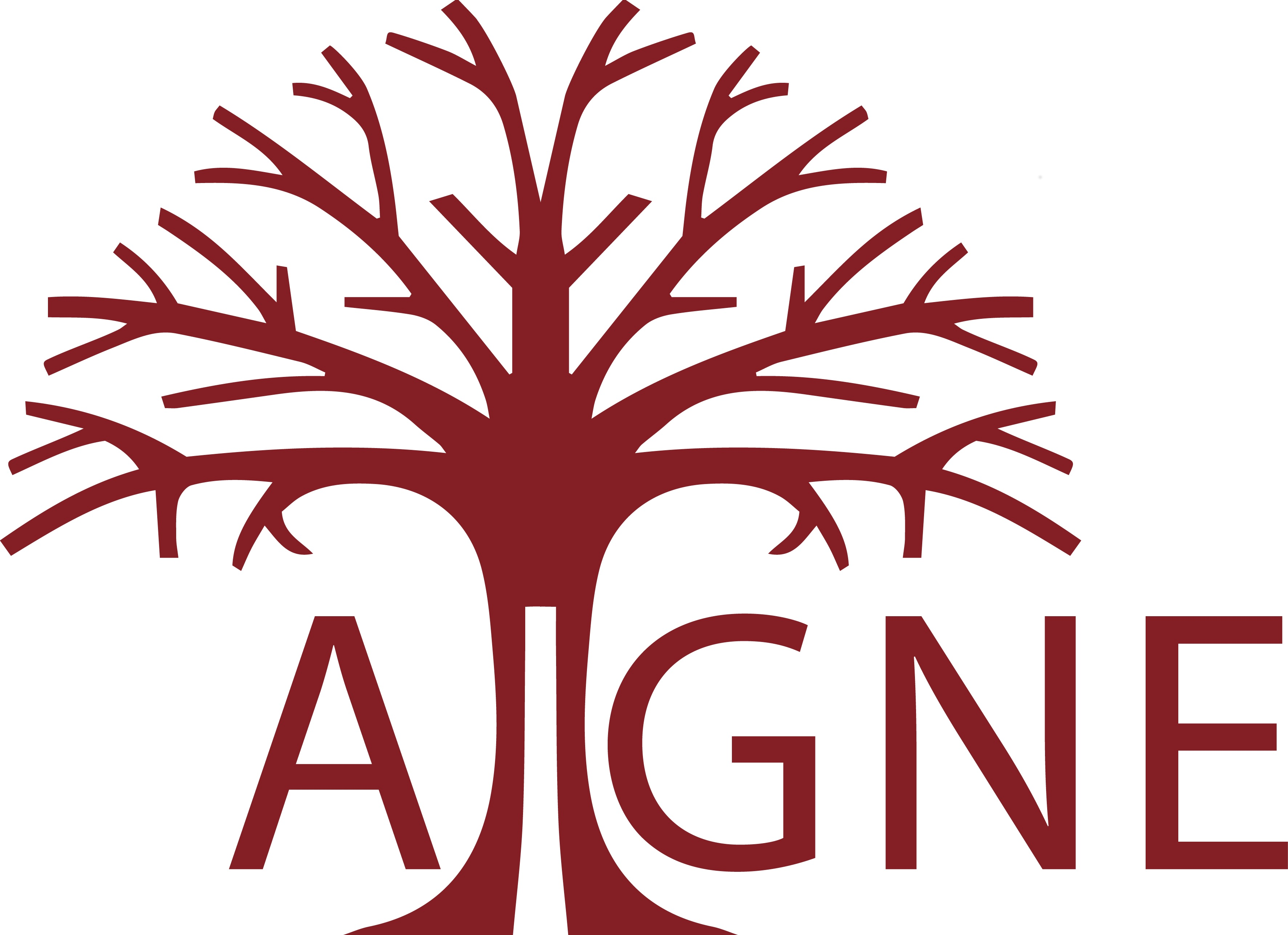Recuperating Racebending as a Worthwhile Practice in an Imperfect Entertainment Industry
DOI:
https://doi.org/10.33178/aigne.vol10.4Abstract
This article examines and uses the music video for JAY-Z’s song "Moonlight" (2017) and its remaking and recasting of Friends (NBC 1994 – 2004) to think about how recast remakes and their repetition with a race-difference might be more than just a superficial play for diversity. It seems that the music video itself, as well as its creators and commentators, deem the act of replacing White actors with Black ones in remakes as producing only, what Kristen J. Warner (2017, p. 34) calls, “plastic representation”. This article uses the shot-by-shot recast scene of "Moonlight" to consider how such recastings with a race difference might in fact nevertheless be productive for decentering whiteness. It argues that there is something worthwhile in Alan Yang’s re-reading and re-making of Friends with Black actors within the music video, and in this recasting practice — which one can call “racebending” — more generally. Firstly, racebending can be seen as a type of “viewing as if” (Laugalyte, 2020) and “reparative reading” (Eve Sedgwick, 2003, p. 150), both concepts framing the practice as an impulse to “repair” cultural texts that are perceived to somehow be lacking, in this case, in terms of the types of bodies that are and are not represented. Secondly, by considering the music video within the context of Friends and other adults-living-with-friends sit-coms, such as Living Single (Fox, 1993– 1998), this article argues that racebending is a part of the adaptation and adoption process, always mirroring the racial politics of the time. Though the entertainment industry needs to go through some truly radical changes to become decolonised, this article contends that racebending is not the answer to the White-centric U.S. entertainment landscape, but an important practice in an imperfect system.
References
Downloads
Published
Issue
Section
License
Copyright (c) 2024 Marija Laugalyte

This work is licensed under a Creative Commons Attribution-NonCommercial-NoDerivatives 4.0 International License.
For our full Copyright Notice see our Author Guidelines.



